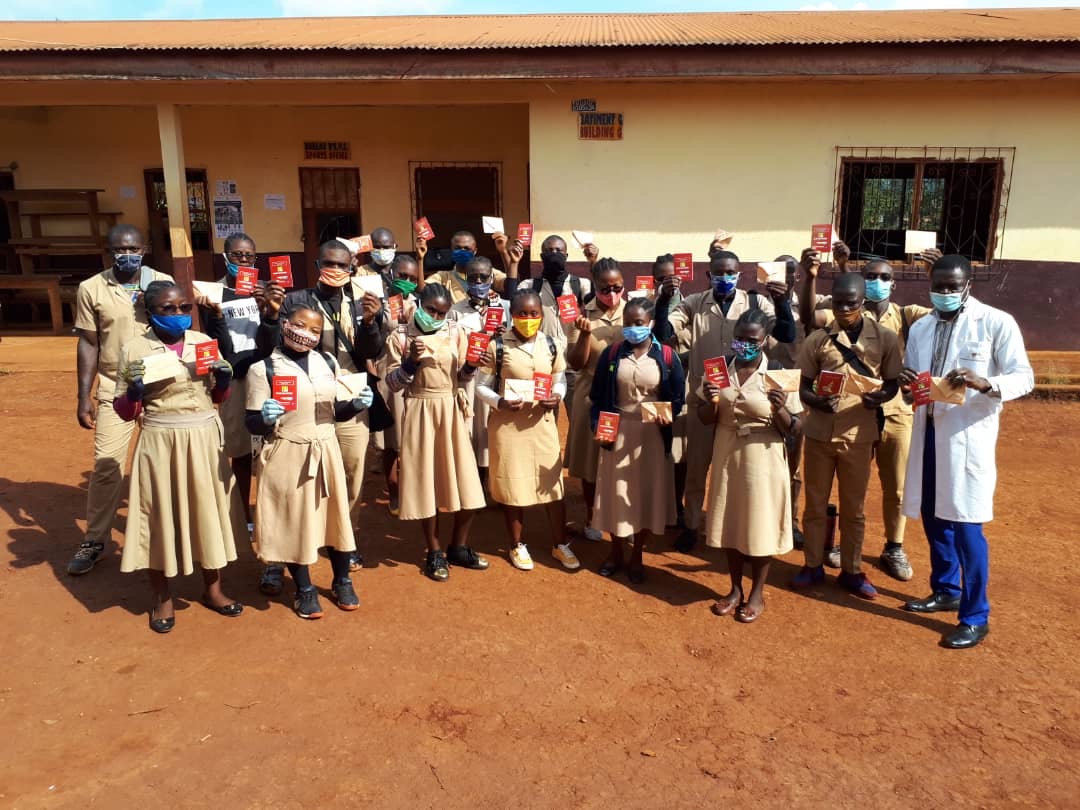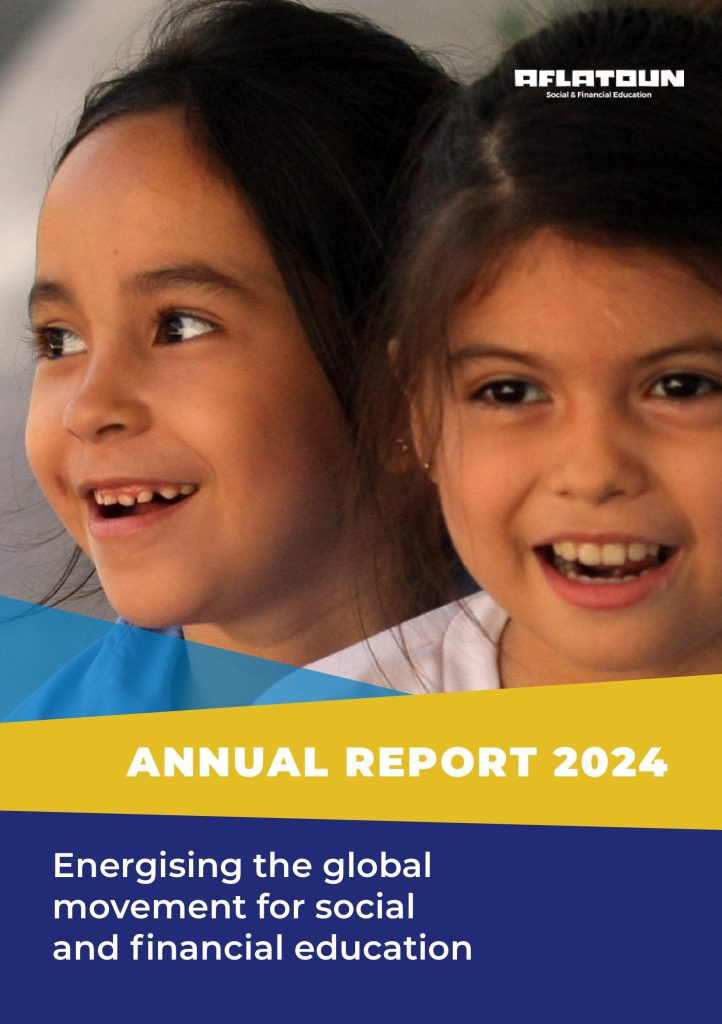Zenü Network is an organisation created in Cameroun in 2005 to work towards a fairer and more equitable society, in which every citizen has the necessary skills to express their opinion and contribute to the country’s development.
Zenü Network’s missions include:
- to encourage the emergence of collective citizen participation at different levels of society;
- to lobby for citizens’ opinions and concerns to be taken into account in political strategies;
- to strengthen the organisational and institutional capacities of civil society structures to create a constructive balance;
- to promote a socialising and concerted dialogue between structures representing the population on the one hand and decision-makers (political, private and traditional) on the other.
That is why the main social causes that the organisation addresses are widespread poverty, the citizens’ lack of participation in the development and implementation of public policies, and the poor quality of education processes.

Our Partnership
In 2018, Zenü Network decided to partner with Aflatoun to start developing social and financial education in the country while using the expertise and educational methodologies of the Aflatoun programmes.
Since then, they have been implementing the AflaTeen curriculum, which is targeted at teenagers aged 13-16 and covers important financial skills such as saving, spending, and planning. It also covers key life skills that will allow young people to become active participants in society and agents of change for their future.
In particular, Zenü Network want to empower young people with an entrepreneurial education and knowledge.
From Reforestation to Selling Products to Furnish Classrooms: The Activities of Young Students Across Cameroon
Between 2020 and 2023, the organisation supported 160 clubs in secondary schools across Cameroon, empowering students to develop a healthy and practical relationship with money. Thanks to this, the programme reached nearly 250,000 secondary school children, as well as 12 Youth Centres (CMPJ) which supported 386 young people who were not attending school.
Through this initiative, all participating students acquired savings books and deeply understood the importance of saving and fostering solidarity within their communities. Inspired to take an active role in their school’s social life, the children launched numerous impactful projects. These included producing and selling beans to fund public benches, supporting orphanages with soap and food donations, cleaning and organising orphanage spaces, creating and maintaining school gardens, collecting rubbish, establishing school fields, and selling harvest products to furnish classrooms. Other activities included preserving green spaces, crafting handicrafts, producing sanitary products, visiting prisoners and orphans, cultivating vegetables and maize, establishing cocoa tree nurseries, and reforesting their schools, showcasing their commitment to environmental and social development.












